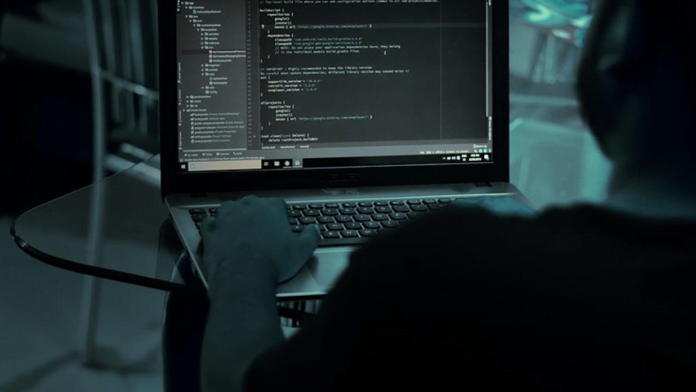
To become a certified ethical hacker, you must obtain credentials from the International Council of Electronic Commerce Consultants (EC-Council).
The CEH is a basic certification, to get started. Obtaining it demonstrates that you understand at a theoretical level what ethical hacking is, how it differs from unethical hacking, what types of attacks exist and how to protect yourself from them.
The exam consists of 125 multiple-choice questions covering topics such as tracking and reconnaissance, network scanning, data analysis, server hijacking, SQL injection, system hacking, web application hacking, and social engineering.
The exam takes about four hours. Certified Ethical Hacker (Practical). Once you receive your CEH credentials, you are also eligible to take the CEH practice exam. It is considered a mid-level certification.
While the entry-level CEH credentials are meant to prove that you’re good at ethical methodologies and hacking tools, the practice exam is proof that you’re also good at using them.
As its name suggests, you will be putting into practice all the theory you have come across to obtain the CEH. The exam is more difficult than the CEH and will require about six hours of troubleshooting (20 problems total) on a virtual network with machines to hack.
Offensive Security Certified Professional (OSCP)
The OSCP certification is for ethical hackers who want to prove that they not only know how to hack, but actually know how to do it according to strict standards of ethics and business etiquette.
It is one thing to become a good hacker, but it is quite another to become an ethical hacker. To pass OSCP, a penetration test must be performed against a live simulated network with vulnerable devices.
It is one thing to become a good hacker, but it is quite another to become an ethical hacker.
You will hack in conditions that mimic reality. At the end of the penetration test, you will need to write and submit a several hundred page report on your findings. This is an advanced certification, but earning it proves that you are an outstanding professional.
Personal computer hacker. Informal Learning: Skills and Resources One of the best ways to get started is to learn one or more programming languages. You can enroll in a formal programming class, but it’s not required.
There are many great free online resources for beginners and experienced hackers to improve their programming skills. If you’re new to programming and don’t know where to start, some of the most popular programming languages used by hackers are Python, HTML, Javascript, SQL, Ruby, and Perl.
Resources and Platforms to Hack
There are many resources available to help ethical hackers learn new skills and put what they know into practice. There are some resources to learn basic hacking techniques and even apply skills in realistic simulations.
Cybrary offers free online training courses for a wide range of skills related to hacking and cybersecurity. Bug Hunter University is an excellent resource created by Google that helps aspiring hackers learn how to write professional vulnerability reports for bug bounties.
Hack Explaining is a fun and interactive site that teaches lessons on various hacking techniques. This is a great place to learn the basics of hacking and how to defend against it.
Try Hack Me is a free community project where you can create, host, and share vulnerable web application code for research and educational purposes. EnigmaGroup is a resource for would-be hackers to develop their penetration testing skills. This site advertises itself as a free, legal training ground and community for computer hackers to test and expand their hacking skills.
George is Digismak’s reported cum editor with 13 years of experience in Journalism